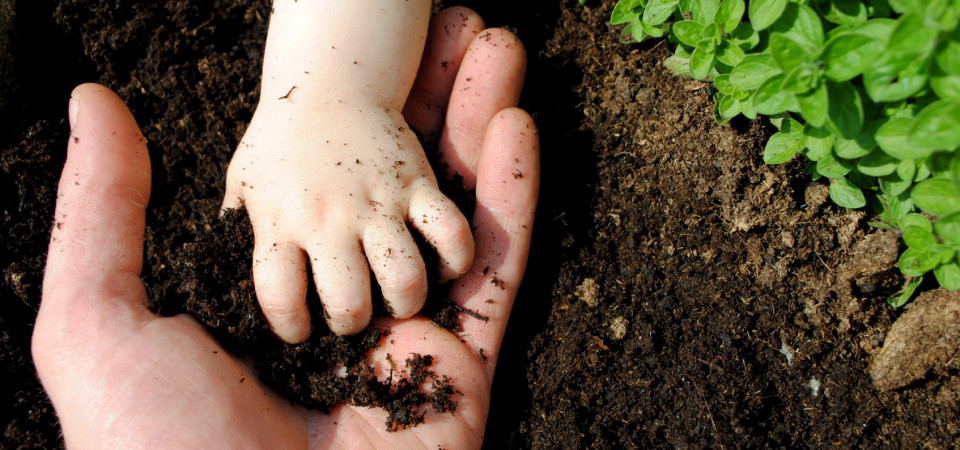Organic-based fertilizers contain carbon – but also other ingredients. The term ‘organic’ means ‘carbon-containing’ by definition. All living things are carbon-based, and carbon – in the form of organic matter — is crucial to plant growth.
The European Consortium of the Organic-Based Fertilizer Industry (ECOFI) represents producers of organic soil improvers, organic fertilizers and organo-mineral fertilizers.
But what exactly are these products?
- Carbon
Organic soil improvers contain carbon-rich materials of plant and/or animal origin and aim to maintain or increase the soil organic matter content and make it more fertile. They contain no or very few nutrients.
- Carbon + organic forms of nutrients
Organic fertilizers provide nutrients in organic forms derived from biological materials of plant and/or animal origin, often by-product materials. Organic forms of nutrients have to be converted by natural processes in the soil into plant-available forms. This means that they become available gradually over the plant’s lifespan.
- Carbon + organic forms + mineral forms
Organo-mineral fertilizers are industrial co-formulations made up of one or more mineral fertilizers with one or more organic fertilizers and/or organic soil improvers. The mineral forms of nutrients are available to plants right away while the organic forms feed the plant over its lifespan and prevent the mineral forms from releasing too much, too soon.
All three forms of organic-based fertilizers are carbon-rich and resource-efficient. They are often sourced from industrial side-streams and by-products, leading to reduced waste and more responsible food production and consumption.
Therefore, these products contribute to higher yields for farmers, more organic matter in soils, and job creation in rural areas.
- Learn more about the benefits of organic-based fertilizers
- Join ECOFI and help to shape the future of European farming
ECOFI was founded in March 2014 by 12 innovative companies with a deep commitment to the development of organic-based fertilizing technologies that support sustainable models of agricultural productivity, social cohesion and economic growth. It now accounts for roughly 60% of the European market in organic-based fertilizers, which is worth about 250 million euros.



